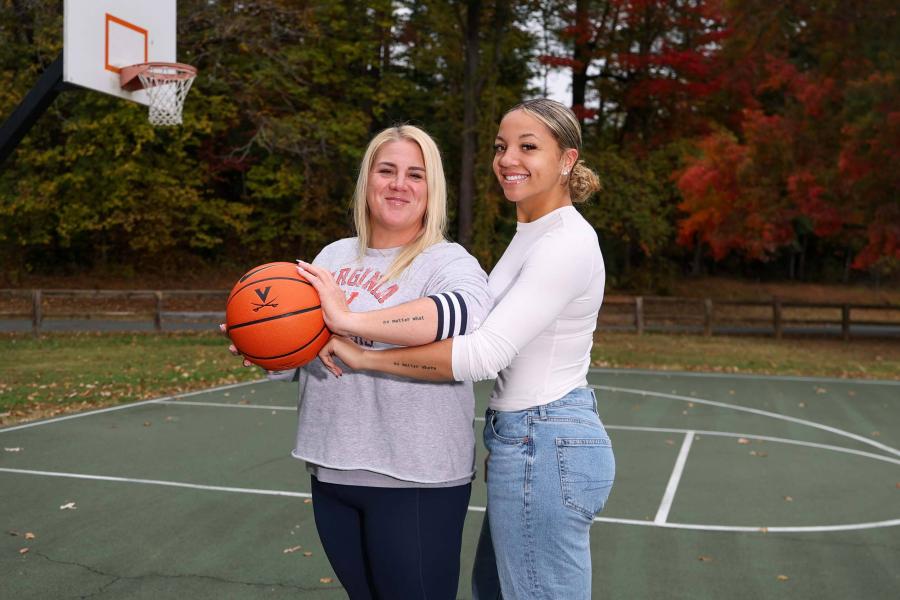Hajjar Baban’s experience as an immigrant to America exists in all aspects of her work, she says, from “the words that I may obsess over to images that become motifs.”
Baban – who received a bachelor’s degree in creative writing from the University of Wisconsin at Madison in 2020 and is currently a Master of Fine Arts student in in the University of Virginia’s Creative Writing Program in poetry – was awarded the Paul and Daisy Soros Fellowship for New Americans, a merit-based award to support graduate study for immigrants and children of immigrants. Founded by Hungarian immigrants Daisy M. Soros and her late husband Paul Soros, the fellowship program honors the contributions of continuing generations of immigrants in the United States.
“I don’t write because of what happened to me, but in an effort to keep something alive past its memory – living in America and watching my parents live in ‘a different’ America because of displacement, it all means something to me,” she said. “My application to the fellowship followed the idea that this may be a reality for many immigrants, and if it is, I’d like to be in conversation with them.”
An Afghan Kurdish poet who was born in Pakistan and immigrated to the United States with her parents when she was 2, Baban has a lot in her family story about which to write. Her mother fled the Soviet invasion of Afghanistan to Pakistan. Her father, a Kurd, escaped persecution in Iran. The family eventually settled in Dearborn, Michigan, where Baban started writing poetry as part of Detroit-based literary arts program, InsideOut. In 2017, Baban served as the Detroit Youth Poet Laureate.
“My immigrant experience influences the life that I live in America,” Baban said. “Being an immigrant means being at a distance from family that, if not for war, I would have deep relationships with. It means I don’t have family in America beyond my siblings and their children. It means that those who do not understand the history of my position in America have different expectations of my poetry, and at times, none at all.”
Baban said her journey with poetry includes a lot of confession-based work.
“In high school, I began writing in different forms: dream journaling, journal-journaling, even observational lists,” Baban said. “I was interacting with myself through both myth and fact. This is why poetry makes sense to me right now in my writing career.”










